Faradion receives first order for sodium-ion batteries for Australian market
Green Car Congress
APRIL 23, 2020
the leader in sodium-ion (Na-ion) battery technology, has received its first order from ICM Australia for high-energy sodium-ion batteries for use in the Australian market. Unlike lithium-ion batteries, Faradion’s sodium-ion batteries have exceptional thermal stability and safety. UK-based Faradion Ltd.,

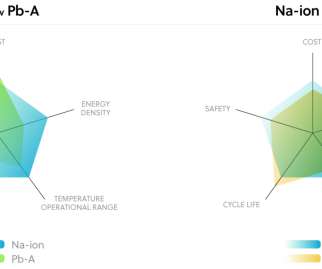

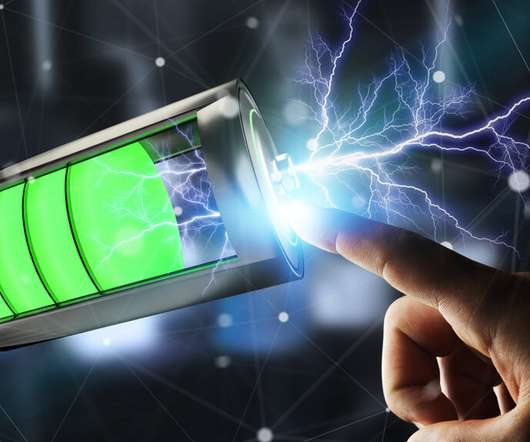
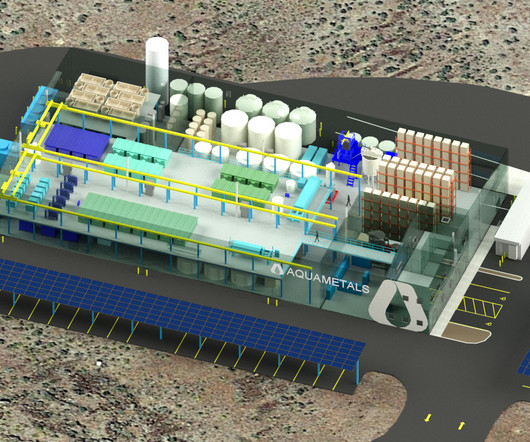




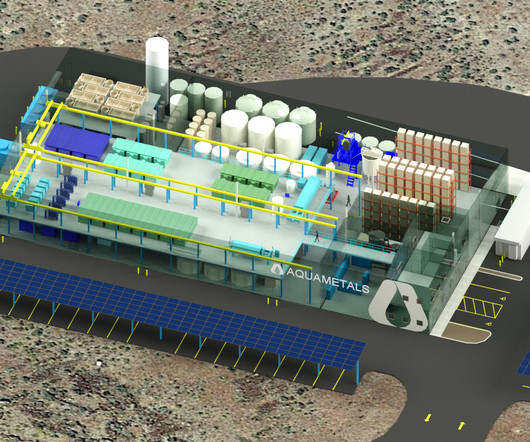
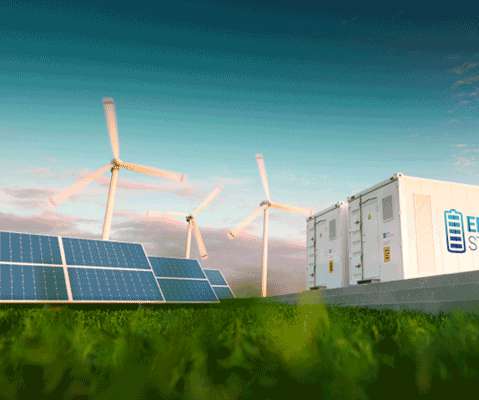
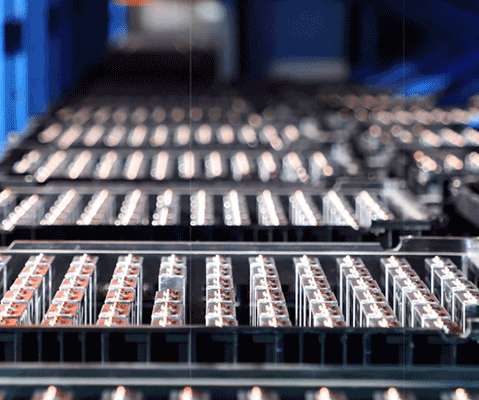









Let's personalize your content